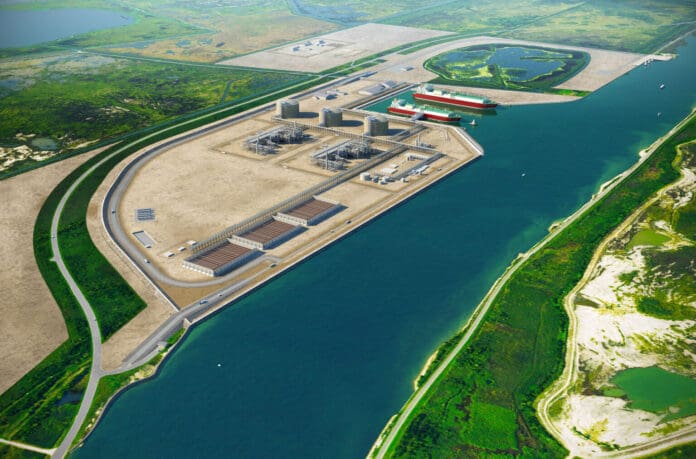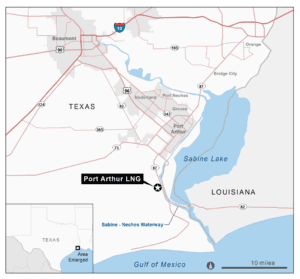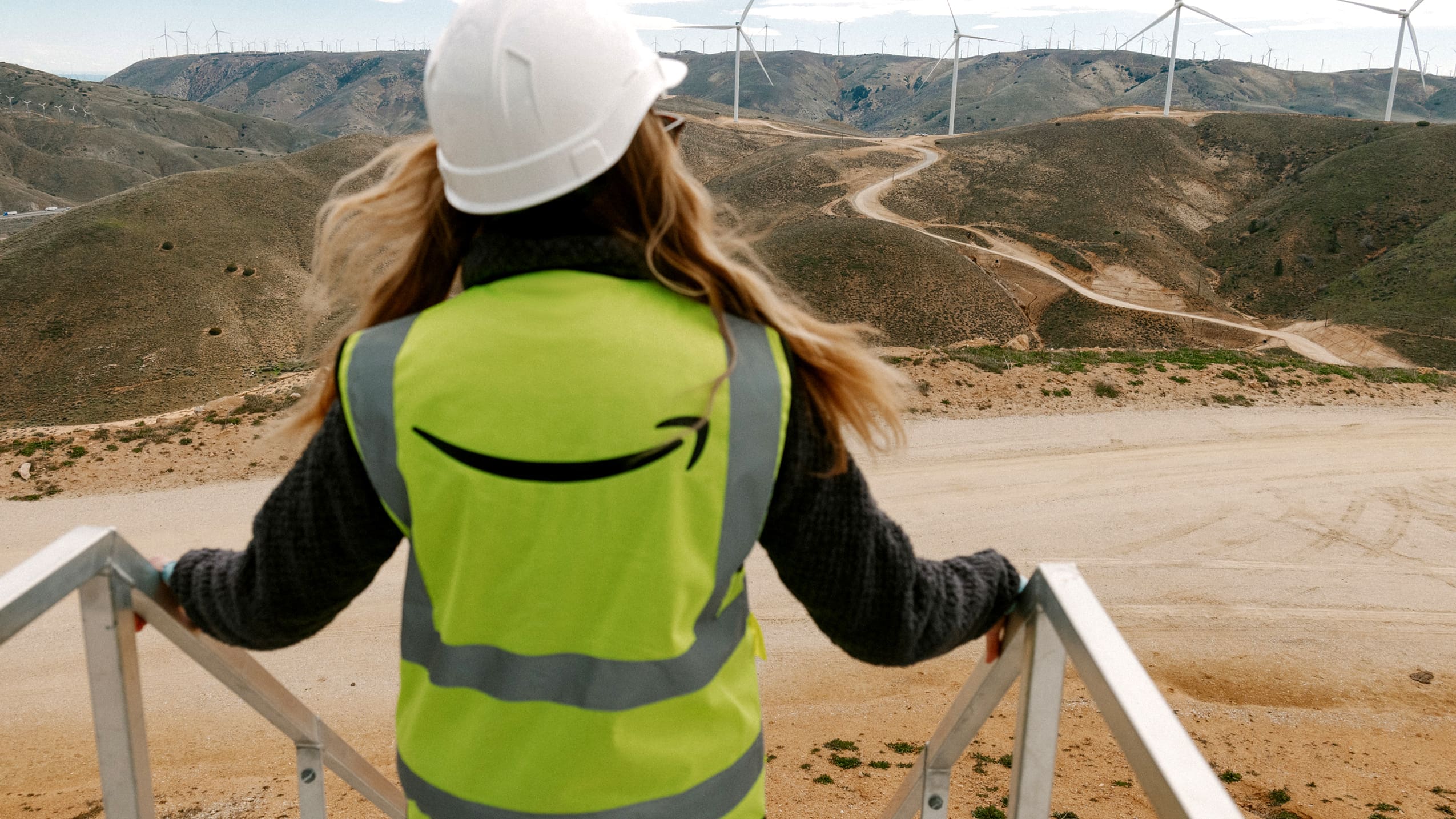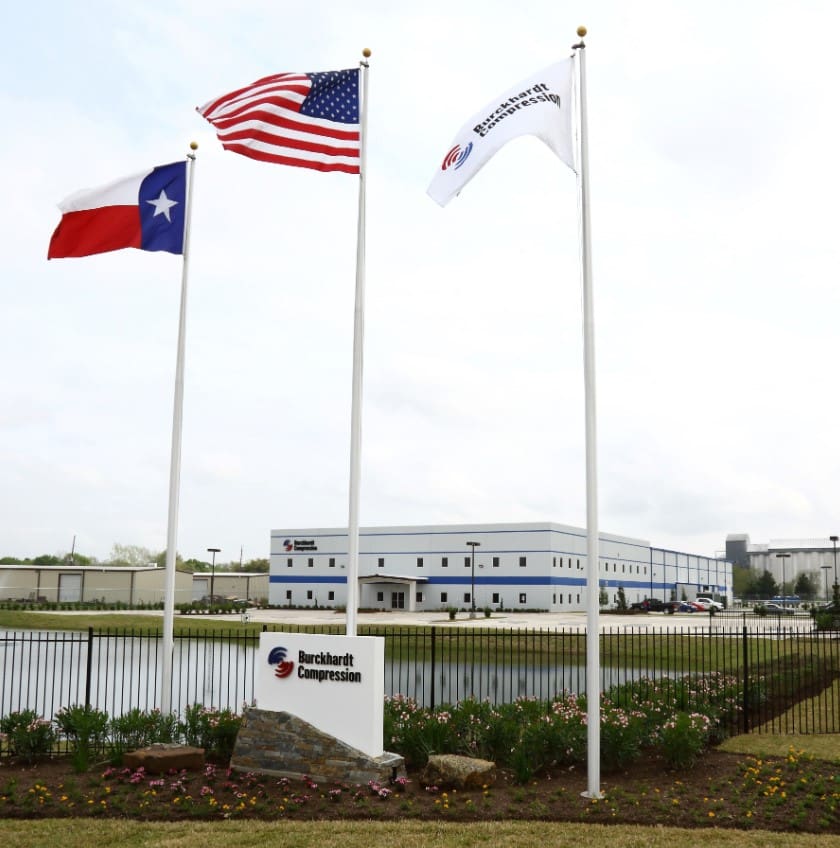
Sempra Infrastructure, a subsidiary of Sempra, announced that it has completed the sale of a 42% indirect, non-controlling interest in its Port Arthur LNG Phase 1 project to KKR. The transaction, which closed in accordance with the terms previously disclosed, results in Sempra Infrastructure retaining a controlling 28% indirect interest in Phase 1 at the project level, and ConocoPhillips owning the remaining 30% interest. “The closing of this transaction continues the positive momentum of our Port Arthur LNG facility and highlights Sempra Infrastructure’s ability to access capital to support the growth of its infrastructure business,” said Justin Bird, chief executive officer of Sempra Infrastructure. “We remain committed to developing energy infrastructure projects with strong partners to continue growing our portfolio while advancing global decarbonization and energy security.”

“We are pleased to close our investment in this critical energy infrastructure project led by the Sempra Infrastructure team,” said James Cunningham, partner at KKR. “Port Arthur LNG Phase 1 has continued its strong momentum and is on track to meet its objectives of helping to deliver energy security, economic growth, and a near-term supply of reliable and cleaner energy.”
Sempra Infrastructure reached a positive final investment decision for Port Arthur LNG Phase 1 in March 2023 and contracted global engineering, procurement, and construction firm Bechtel Energy Inc. to build the project. More than 2.8 million hours of work have been completed since construction began this spring, with no lost-time incidents. The expected commercial operation dates for Train 1 and Train 2 are 2027 and 2028, respectively.















